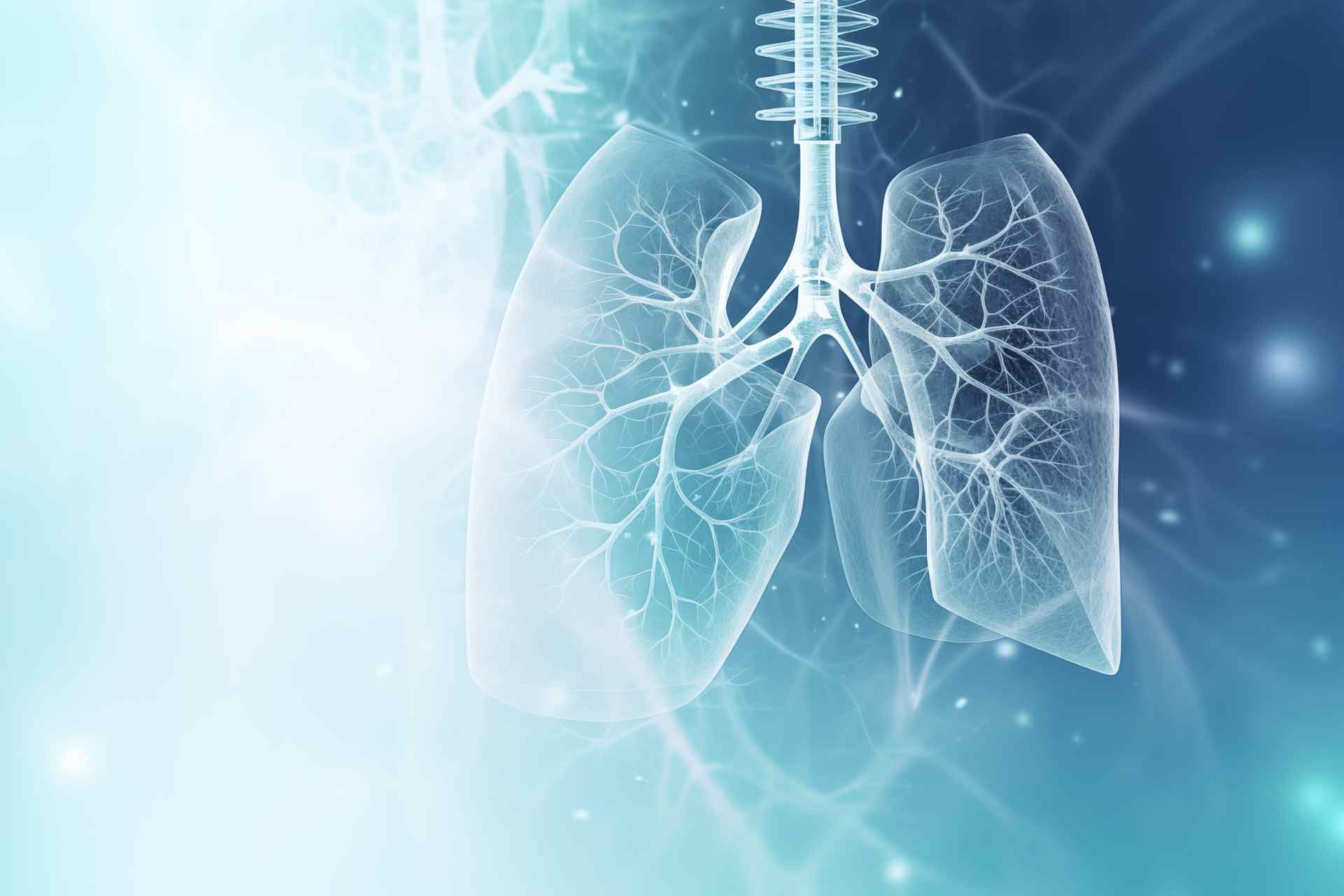In a significant stride for biotechnology and health sciences, Resilient Biotics has entered into an invigorating collaboration with CosmosID, harnessing the power of advanced microbiome analytics to revolutionize respiratory health research.
This symbiotic partnership converges Resilient Biotics’ pioneering respiratory microbiome platform with CosmosID’s robust genomic sequencing expertise. This fusion of strengths promises to unlock a comprehensive understanding of the microbiome’s role in respiratory tract health and disease.
Resilient Biotics, under the visionary leadership of CEO Chris Belnap, has been at the cutting edge of respiratory microbiome research, developing innovative products designed to maintain and improve respiratory health. Belnap emphasizes the potential impact of this collaboration, “By joining forces with CosmosID, we are poised to dissect the complex microbial ecosystems within the respiratory tract, fostering novel therapeutic and diagnostic breakthroughs.”
CosmosID, with its advanced facility in Germantown, Maryland, is a vanguard in microbial genomics. According to CosmosID President Manoj Dadlani, this collaboration isn’t just about science; it’s about shaping the future of health. “We’re not only looking to broaden our knowledge but to redefine how respiratory ailments are managed through pioneering diagnostics and therapeutics.”
With Resilient Biotics’ comprehensive strain collection at their disposal, both companies will embark on a mission to decode the intricacies of the respiratory tract microbiome across various animal models. This research has the potential to set new paradigms in the understanding of the microbiome’s impact on overall respiratory wellness.
The endeavor aims to build a vast database of genomic sequences, mapping out the interplay between respiratory microbiota and host tissues. This data-rich approach can lead to groundbreaking therapeutic strategies, personalized medicine, and preventative care.
The collaboration is fueled by the promise of improved health outcomes for both humans and animals, driving forward the mission of both companies to harness the intricacies of microbial communities for the betterment of all.











